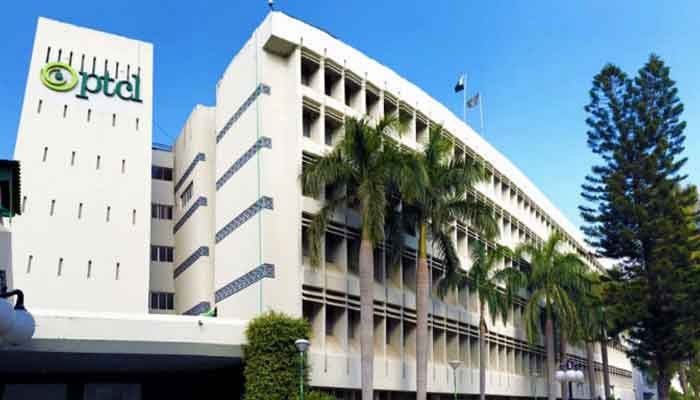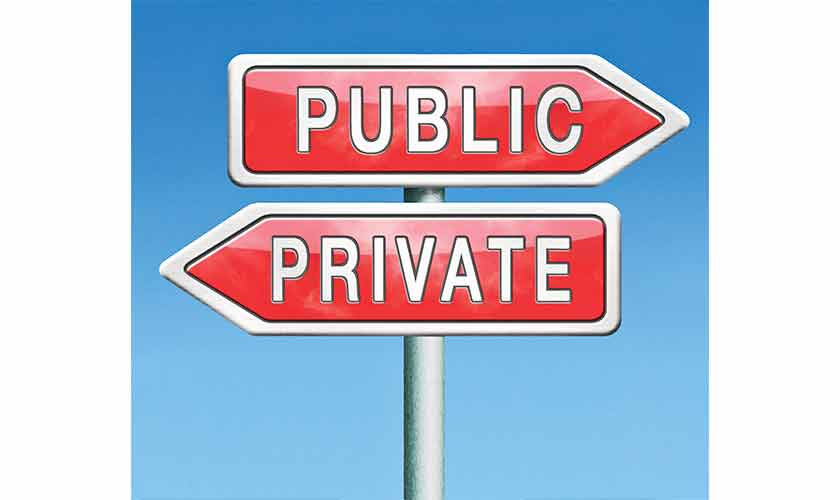



The issue of ownership and accountability in State-Owned Enterprises (SOEs) in Sri Lanka and Pakistan is a topic of concern. In an opinion piece by Sirimal Abeyratne in The Sunday Times, the author discusses the lack of a clearly identified owner for SOEs in Sri Lanka, which hampers accountability. The author raises questions about the number of SOEs in the country and their impact on the open economy. He explains that the proliferation of SOEs in developing countries was influenced by closed economy models and the socialist camp during the Cold War. The author emphasizes the need for SOE reforms in Sri Lanka to align with the open economy model and relieve the burden on the public. Financial challenges faced by SOBEs and the lack of economic output or contribution from many SOEs are also highlighted. The author concludes by questioning whether Sri Lanka is on track for successful SOE reforms and stresses the importance of addressing this issue for the country's recovery and progress. [1719ec95]
In an article by Sirajuddin Aziz in The News International, the negative perception of state ownership is discussed. The article mentions Margaret Thatcher's advocacy for privatization in the UK during the late 1970s and early 1980s. It also highlights the nationalization of key industries in Pakistan by Z.A. Bhutto in the 1970s and the subsequent deterioration and corruption during the Zia years. The article discusses the collapse of the Berlin Wall and the USSR, and the rise of libertarianism and economic reform in China. The success of China's combination of private enterprise and state-owned enterprises is mentioned. The article argues for a fair balance between private and public enterprise in Pakistan and emphasizes the importance of professional management and leadership in state-owned enterprises. It concludes that state-owned enterprises can be successful if governance and accountability standards are improved. [117bebe7] [3e9d4e4b]
In an article by Sarmad Khawaja in The News International, the author discusses the privatization of state companies in Pakistan and questions whether it leads to economic growth. The article highlights the case of Pakistan Telecommunications Company (PTCL), which was profitable before privatization but has since incurred losses. The author argues that privatizing profitable state companies like PTCL, Oil and Gas Development Company (OGDC), and Pakistan Petroleum Limited (PPL) would make the country poorer. The article also explores why people's perceptions about state companies are skewed and suggests that the government should focus on strengthening and investing in state companies to grow the economy. [0fe24be0]